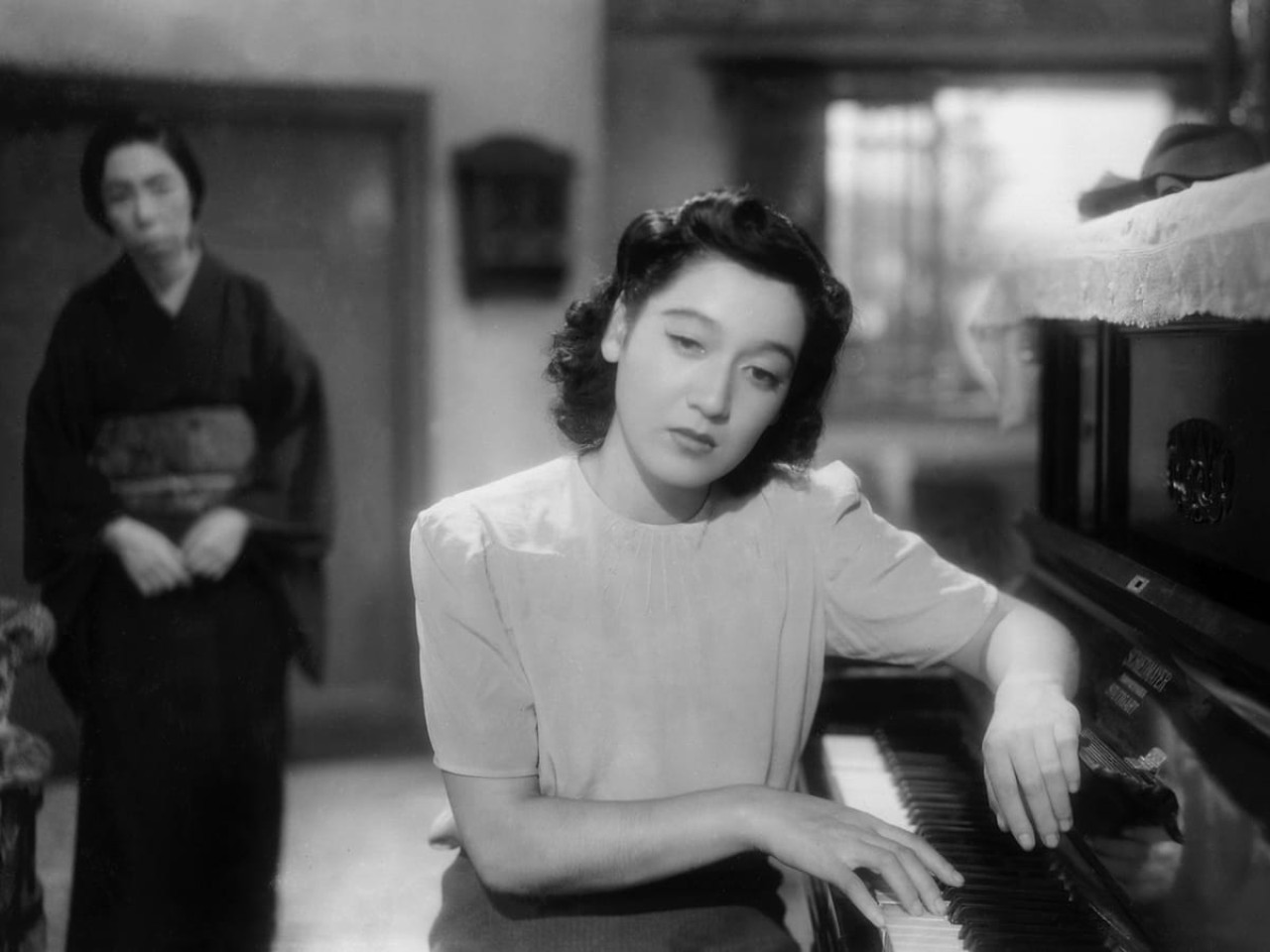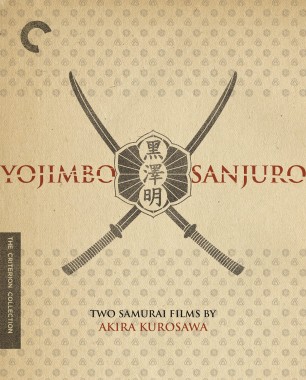The Idiot

After finishing what would become his international phenomenon Rashomon, Akira Kurosawa immediately turned to one of the most daring, and problem-plagued, productions of his career. The Idiot, an adaptation of Fyodor Dostoyevsky's nineteenth-century masterpiece about a wayward, pure soul's reintegration into society—updated by Kurosawa to capture Japan’s postwar aimlessness—was a victim of studio interference and, finally, public indifference. Today, this "folly" looks ever more fascinating, a stylish, otherworldly evocation of one man’s wintry mindscape.
Available In

Cast
- Setsuko Hara
- Taeko Nasu
- Masayuki Mori
- Kinji Kameda
- Toshiro Mifune
- Denkichi Akama
- Yoshiko Kuga
- Ayako Uno
- Takashi Shimura
- Ono, the father
- Chieko Higashiyama
- Satoki Ono
- Eijiro Yanagi
- Tohata
Credits
- Director
- Akira Kurosawa
- Producer
- Takashi Koide
- Based on the novel by
- Fyodor Dostoyevsky
- Screenplay
- Eijiro Hisaita
- Screenplay
- Akira Kurosawa
- Cinematography
- Toshio Ubukata
- Editing
- T. Saito
- Art director
- So Matsuyama
- Music
- Fumio Hayasaka















